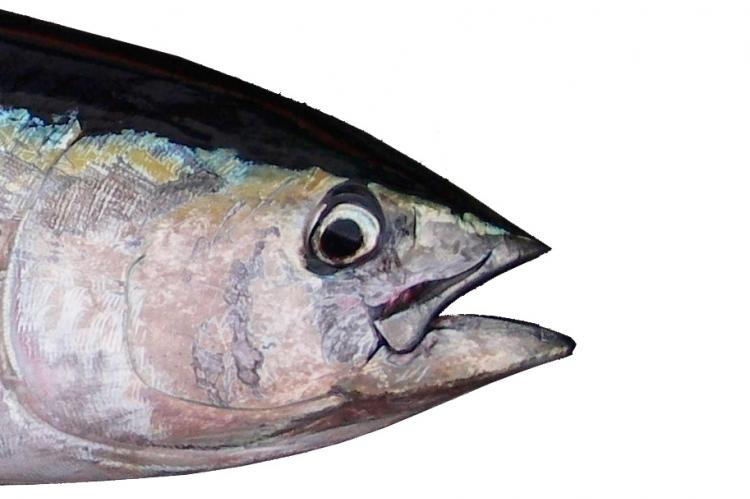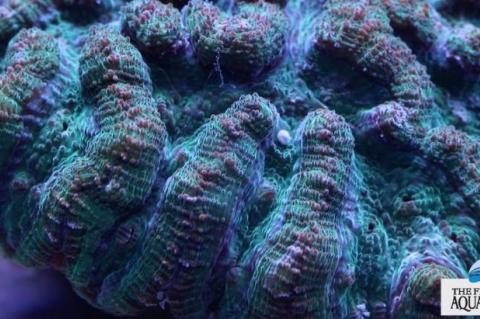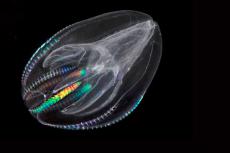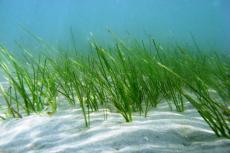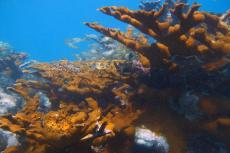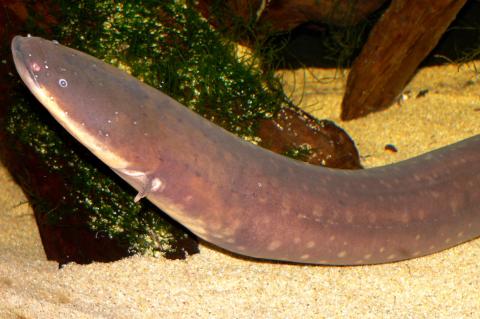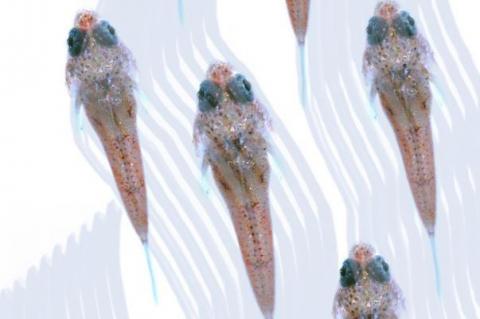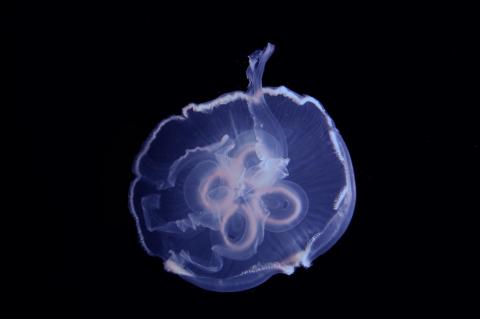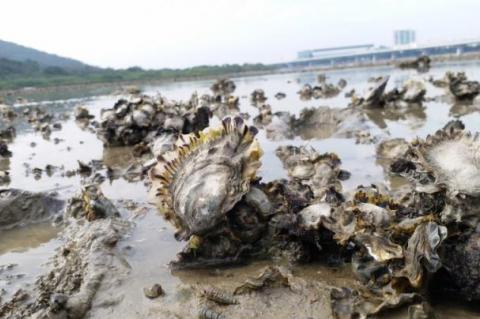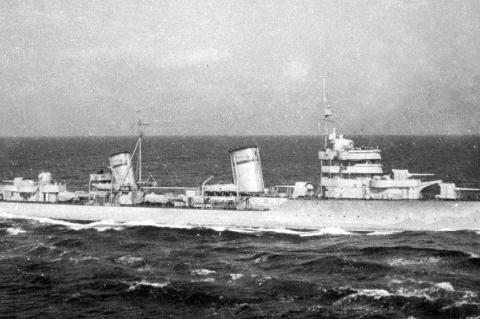Tuna hearts damaged by Deepwater Horizon oil spill
Crude oil chemicals can disrupt heart function in the fish
The gulf is an important spawning ground for bluefin and yellowfin tuna.
Scientists at the National Oceanic and Atmospheric Administration (NOAA) and Stanford University set out to understand what happened to the hearts of tuna which had been spawned near the spill.
They collected oil samples and young fish from the site and studied the impact of both fresh and 'weathered' oil on the fish heart muscles.
The researchers found that chemicals in the oil blocked the potassium and calcium channels that regulate heart rate and rhythm.
The basic mechanisms occurring there are vital processes in cardiac cells in all vertebrates -- including humans.
While the impacts of the oil were most acute in embryos and larvae -- because adults can filter out some of the oil with their gills and livers -- the cardiac cells were blocked by oil at all stages of development.
The study also found that the 'weathered' oil -- which had been broken down by wave action and chemical dispersants used to keep the oil out of fragile wetlands -- was more toxic than fresh oil.
The study, published in Science magazine, is part of the ongoing work to try to understand the impacts of the disaster.


